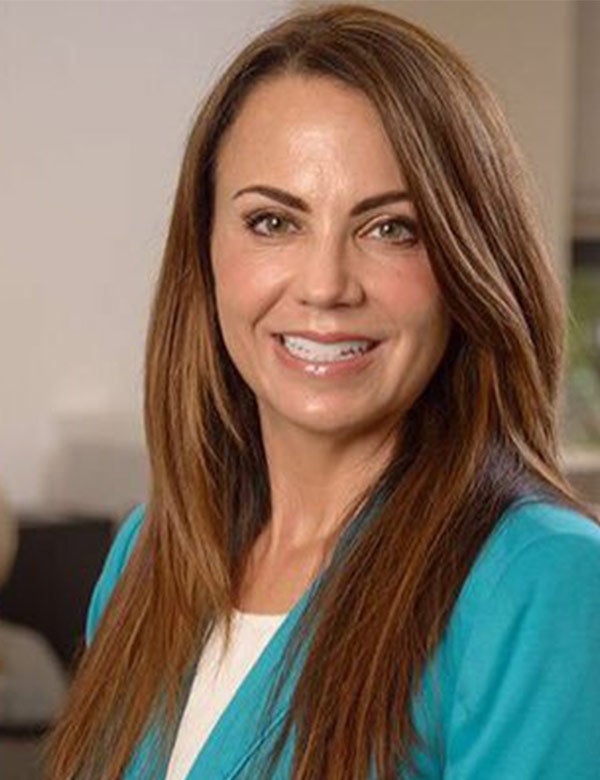Federal $1.9 million grant to fund new Behavioral Health Workforce Education and Training program at Case Western Reserve University
More than 100 students at Case Western Reserve University—most of them social workers in training—will learn how to help meet a growing need in communities starved for behavioral health workers, thanks to a new $1.9 million federal grant to the university’s interdisciplinary Behavioral Health Workforce Education and Training program.
The four-year grant, from the Health Resources and Services Administration (HRSA), an agency of the U.S. Department of Health and Human Services, will provide specialized training for social work, psychiatric nursing and doctoral psychology students, said Amy Korsch-Williams, the initiative’s principal investigator, a senior instructor and faculty affiliate of the Center on Trauma and Adversity at the Jack, Joseph and Morton Mandel School of Applied Social Sciences.
“We’re working to address behavioral health gaps by providing specialized training to our students and supports for community partners,” she said. “We aim to develop a workforce that is well equipped to serve Black, Indigenous, youth of color and sexual and gender minority youth who are overrepresented in the juvenile justice and child welfare systems. These youth often lack access to behavioral health services that can be instrumental in their health and wellbeing”.

Some of the behavioral health issues include the treatment of complex trauma, post-traumatic stress disorders and exposure to adverse childhood experiences—such as maltreatment, experiences of domestic violence and parental substance use.
Participating students—85 in social work, 22 in nursing and three in doctoral psychology—will receive HRSA-funded stipends while participating in a collaborative training program involving the Mandel School, the Frances Payne Bolton School of Nursing and the MetroHealth System.
The four-year program, beginning this semester, will provide stipends ranging from $10,000 at the masters level to $40,000 for doctoral students.
Addressing a need in the community
Korsch-Williams said the focus is training students in trauma-informed and evidence-based practices—issues made more clear in the wake of the COVID-19 pandemic.
The program’s community training sites include: MetroHealth; St. Vincent Charity Medical Center; The Centers; Neighborhood Family Practice; New Directions; Northeast Ohio Neighborhood Health Services; OhioGuidestone; and Positive Education Program.
Korsch-Williams said the initiative will give students valuable experience working in community organizations that address critical needs for youth and families in Cuyahoga County.
“It is a cornerstone of our program to recruit and support diverse groups of students into our training programs. We know that services are more effective when providers share the backgrounds of the people and communities they’re serving,” she said.
“Research shows that students are likely to remain in the communities and settings they train in after completing their degrees,” she added. “The idea is to invest in our local communities by developing really high-quality professionals, who will want to stay and continue to practice.”
Korsch-Williams is leading the initiative with Susan Painter, instructor and lead faculty in the Family Systems Psychiatric Mental Health Nursing Program at the School of Nursing; David Hussey, research director at the Mandel School’s Begun Center for Violence Prevention Research and Education; and Britt Nielsen, psychologist and associate professor at MetroHealth.
For more information, contact Colin McEwen at colin.mcewen@case.edu.



